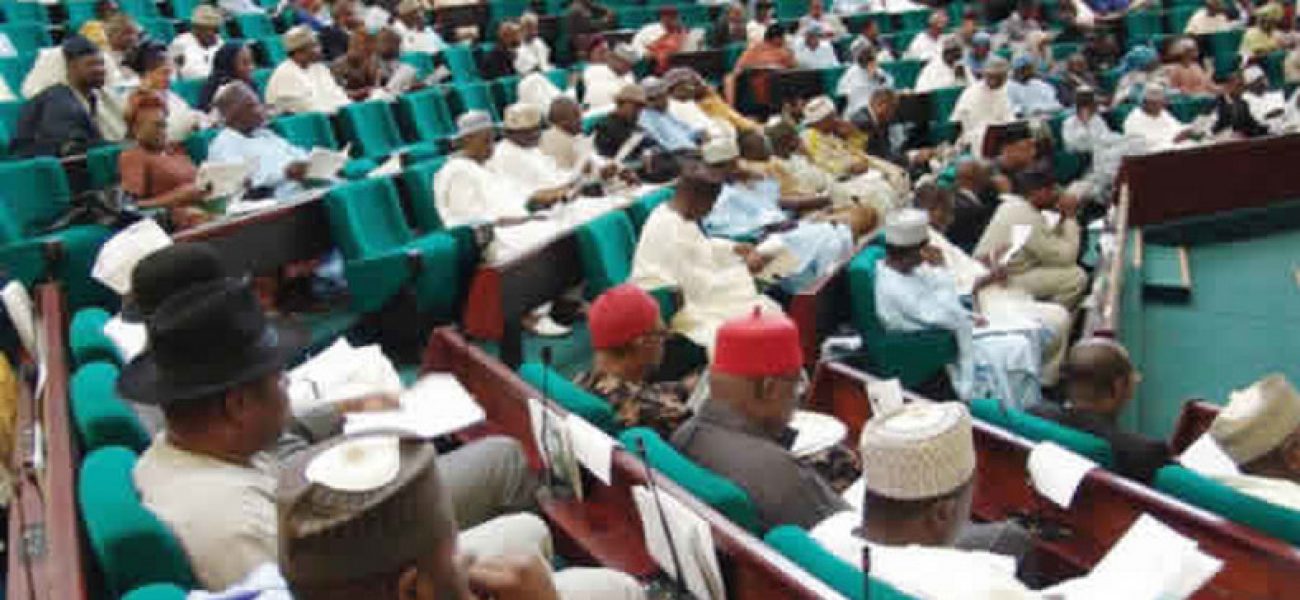The Public Hearing on the controversial Control of Infectious Diseases Bill held on the 10th and 11th of June, 2020. Among several groups that made submissions on the Bill, was the Nigeria Governors’ Forum, headed by Governor Kayode Fayemi. The Forum proposed that State and Local Governments should retain powers to make regulations in times of public health emergencies as contained in the Quarantine Act, and also proposed the establishment of State Centres for Disease Control to improve co-ordination with the Nigeria Centre for Disease Control (NCDC). The National Human Rights Commission in its submission, highlighted the use of force, loss of privacy and medical rights, and the use of stigmatising terminologies in some clauses of the bill. The Association of Nigerian Pathologists which asked that the bill should be stepped down, criticised the power to compel medical treatment and questioned how the financial implications of mandated medical investigations would be addressed. Some religious groups demanded that the bill should be rejected. They argued that some clauses of the bill are unconstitutional while some others seek to give overreaching powers to the NCDC, which conflict with religious beliefs.
It would seem that observers recognise the need for a bill to address public health concerns. However, the Control of Infectious Diseases bill which seeks to amend the obsolete Quarantine Act has loopholes that need to be addressed to make it more comprehensive, effective and consistent with human rights provisions. Some of the other criticisms of the bill have also been identified by human rights groups. These include: wide discretionary powers of the Director General of the NCDC, potential infringement of existing human rights safeguards, criminalisation of failure to take vaccines, over reliance on criminal sanctions to enforce public health orders, little review process for aggrieved persons, potential loss of income from trade following restrictive public health orders, compulsory treatment orders, mandatory disclosure of health information, among others.
In another development, both chambers of the National Assembly passed the Appropriation Act (Amendment) Bill 2020 with total expenditure increased from N10,594,362,364,830 to N10,810,800,872,072. The House of Representatives passed it on June 10 and the Senate did same the following day. Statutory Transfers which had been cut down by the Federal Government in the revised budget were increased to reflect the adjustment in the benchmark price of crude oil from $25 to $28, and the corresponding rise in government revenue. This amounted to a total increase of N5,256,207,430 in the allocation of some statutory agencies, moving the total Statutory Transfer sum in the budget from N422,775,979,362 to N428,032,186,792. The National Assembly also increased recurrent expenditure for resident doctors by N4billion, bringing the total recurrent non-debt expenditure in the budget to N4,942,269,251,934 from N4,938,269,251,934. In addition to passing the amended budget, the House of Representatives also approved the Federal Government’s loan request of $5.513billion, to finance the 2020 budget deficit, which had earlier been approved by the Senate.

